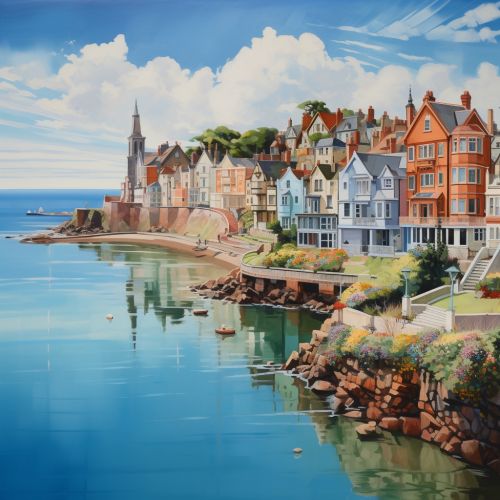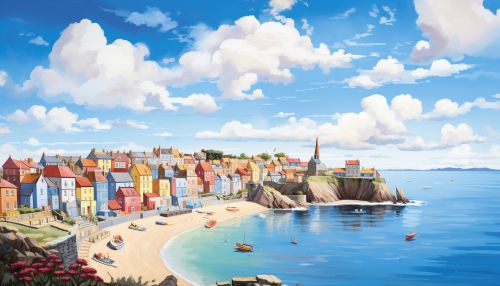Arthur C. Clarke
Early Life
Arthur Charles Clarke was born on December 16, 1917, in Minehead, Somerset, England. His father, Charles Wright Clarke, was a farmer, and his mother, Nora (née Willis), worked in telecommunications. Clarke had a younger brother, Fred, and a younger sister, Mary. His interest in science and astronomy was sparked at an early age when he spent time stargazing and reading science fiction magazines.


Education
Clarke was educated at Huish Grammar School in Taunton, Somerset. He moved to London in 1936 and took a job as a government auditor. He also joined the British Interplanetary Society, where he served as chairman from 1946 to 1947 and again from 1951 to 1953. Clarke was awarded a first-class degree in Mathematics and Physics from King's College London in 1948.
Career
Clarke's career spanned several decades and encompassed a wide range of activities, including writing, broadcasting, and scientific research. He is best known for his science fiction novels, particularly the Space Odyssey series, which began with 2001: A Space Odyssey. Clarke also wrote numerous short stories and non-fiction books on space travel and futurology.
Clarke's work in broadcasting included the television series Arthur C. Clarke's Mysterious World and Arthur C. Clarke's World of Strange Powers. He also contributed to the coverage of the Apollo moon landings for the BBC.
In addition to his writing and broadcasting work, Clarke made significant contributions to the field of satellite communications. His 1945 paper "Extra-Terrestrial Relays" outlined the principle of the geostationary orbit, which is used by modern communication satellites.
Personal Life
Clarke moved to Ceylon (now Sri Lanka) in 1956, where he pursued his interest in scuba diving and marine biology. He was an avid undersea explorer and contributed to the discovery of the underwater ruins of the ancient Koneswaram temple in Trincomalee. Clarke was married to Marilyn Mayfield from 1953 to 1964, but the couple separated after a few months and later divorced. Clarke did not remarry and had no children.
Death and Legacy
Clarke died on March 19, 2008, in Colombo, Sri Lanka, at the age of 90. His death was the result of respiratory complications and heart failure. Clarke's legacy continues to influence the fields of science fiction and space exploration. His ideas about space travel and the future of humanity have inspired generations of scientists, engineers, and writers.
